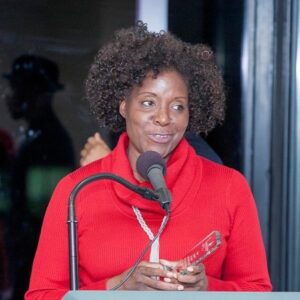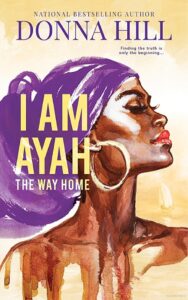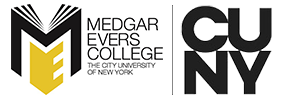Keeping Black stories alive: Medgar Evers College professor to dish on new book at Women’s History event

By David Gil de Rubio | dgilderubio@mec.cuny.edu
Historical fiction has always held a special place for author Donna Hill, whose latest novel, I Am Ayah: The Way Home, jumps between the present and generational era dating back to the slave revolt that took place on the two-masted 19th Century schooner La Amistad in 1839.
On March 18, the Medgar Evers College English professor will take attendees of her Women’s History Month event through the creative journey she said was inspired by the oral histories segments she was teaching her students.
“I became totally fascinated by the idea of family stories, the importance of it and things like that,” Hill said. “I have this love for Sag Harbor that’s led to some of my earlier novels taking place due to its very rich African history. Thinking about that and thinking about oral histories, family and things like that, those two ideas started melding together.
“When I started doing some more research about the historical Black communities in Sag Harbor, one of the things I stumbled upon was that the slave schooner La Amistad, had docked outside of Sag Harbor. I was like, ‘Wow.’”
Ayah’s protagonist is Alessandra Fleming, an African-American photographer, born and raised in Sag Harbor. Estranged from her father, part of the complex family dynamic hinges on Fleming’s deceased mom and the latter’s determination to keep her daughter from learning the family history.
Hill masterfully puts the pieces together of this narrative that has Fleming becoming a genealogical detective via a series of letters written by her ancestors and discovered after reconciling with her father before he passes away.
Jumping back and forth between historical eras proved to be one of the author’s major challenges.
 “I knew that if I was going to use La Amistad as a centerpiece for the story, that it was going to have to go back centuries,” Hill explained. “In thinking about that and the oral history, what if I have a contemporary character who is struggling to figure out who she is? That’s how the story slowly started to come together.
“I knew that if I was going to use La Amistad as a centerpiece for the story, that it was going to have to go back centuries,” Hill explained. “In thinking about that and the oral history, what if I have a contemporary character who is struggling to figure out who she is? That’s how the story slowly started to come together.
“I started mapping out the lineage of who these women would be leading up to my contemporary character and the time periods I wanted to explore through those characters. Each of her matriarchal predecessors were centered during certain time periods including the Tulsa Riots, the fire in Chicago and the Great Depression.”
Moderators Marilyn Morton-Anderson and Yvonee Torres Bratcher, members of the AKA Literaries Book Club and sisters in the Bronx chapter of the Eta Omega Omega chapter of Alpha Kappa Alpha Sorority, Inc., are both looking forward to the conversation they are going to lead before attendees.
“I loved this book,” Morton-Anderson said. “It was so historical, educational and informative with a good love story behind it. It had everything.”
Torres Bratcher added, “Hearing from the author herself gives a better understanding of the book. What a gift it is to be able to do that.”
As for Hill herself, who is currently working on two projects — another piece of historical fiction centered on the Pullman porters of the 1930s and a contemporary novel set in the world of publishing–she hopes students gain a great appreciation of their ancestral origins and the resources they have to tell their own stories.
“Most people on average don’t know anybody beyond their grandparents in their families — they just don’t,” she said. “They have no idea just how important it is and where you came from. They will look past grandma to maybe great-grandma to remember how important telling our stories are because they tend to get lost.
“Especially now in this age where there are so many states that are banning Black books and you can’t tell our history, it’s really important to keep those stories alive and to write in your journals.”

